Permaculture Design Certificate – MB Equine Services
Permaculture Design Course @ The Permaculture Research Institute, Zaytuna Farm (The Channon, NSW, Australia)
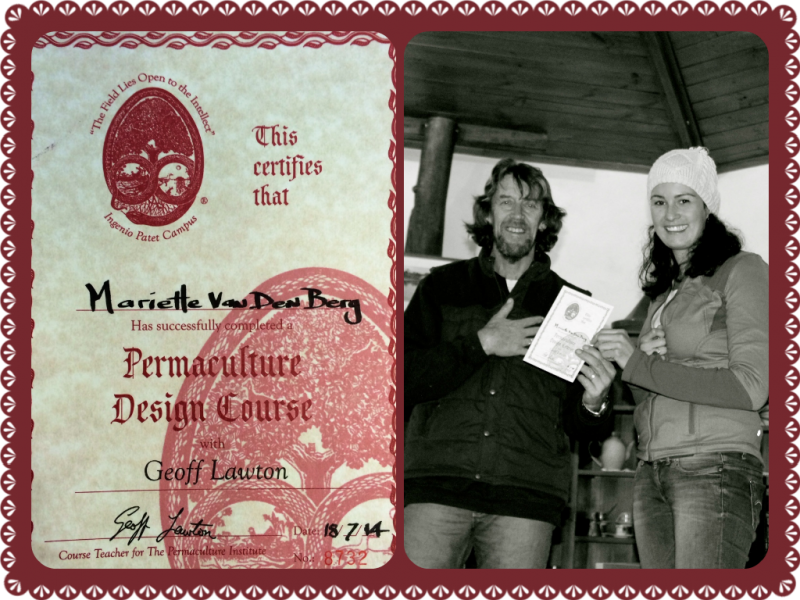
In July I visited the Permaculture Research Institute at the The Channon in NSW for the Permaculture
Design Certificate (PDC) course. I have been practising and integrating Permaculture principles in my pasture management and pro
perty design consulting and education for the last 4 years. But now I am proud to announce that I finally graduated as a Permaculture Designer!
In this post I want to tell a bit more about permaculture, the PDC course and the start of providing intro & PDC courses specifically integrating equine subjects for horse owners.
What is Permaculture?
The term ‘Permaculture’ is a portmanteau word for ‘permanent agriculture’ and ‘permanent culture’. Permaculture is basically an agricultural system which focuses on the natural way of practicing agriculture, maintaining the ecological system and not strictly adhering to the systems followed in modern agriculture. This system was designed and developed by two Australians named Bill Mollison and David Holmgren. Permaculture has been defined by Millison as, “A philosophy of working with, rather than against nature; of protracted and thoughtful observation rather than protracted and thoughtless labor; and of looking at plants and animals in all their functions, rather than treating any area as a single project system.”
The ethics and values on which this system of Permaculture is based are:
1. Earth Care
Earth care, means that we humans should try not to increase situations in which we destroy or perish the natural functioning of our planet earth. As this in turn will lead to consequences which will compel the extinction of human beings. We need to understand that we are merely a part of the earth and not its conquerors. If other animals and creatures will not exist, we will not exist too. There can be no better example than global warming to explain this.
2. People Care
The principle of people care can also be termed as the principle of cooperation. The principle of people care in Permaculture means that we all should work together and help each other instead of competing. One cannot develop a community by only helping oneself and staying alone. To live in a better culture and community, we have to work together and stay together.
3. Fair Share/ Setting Limits to Population and Consumption
Fair share indicates the equal right of using natural resources by all individuals. Natural resources are scarce and moreover, no one really owns it. Therefore, each one should get the share of what they deserve. These resources should not be concentrated in just a few hands, but optimally allocated.
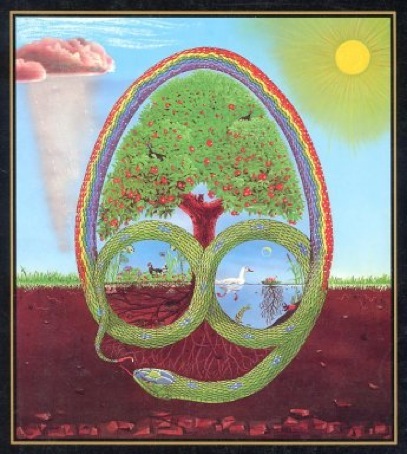 Benefits of Permaculture
Benefits of Permaculture
After looking at what permaculture is, let us now look at its benefits.
Reduced Cost
Using all the natural components of the ecosystem like composting the waste into useful organic matter and manure, you save up a lot of money which you would otherwise be spending on conventional farming.
Less Waste
In Permaculture, the waste products are recycled and manured back to the earth in the form of compost. Once you start following this practice, the waste material is later used as a natural fertilizer. There is less waste because all the present resources are optimally utilized.
Chemical Resistance
In permaculture, one uses natural fertilizers and mulch for farming and gardening. This helps you in resisting your produce from being exposed to the harmful chemicals that are used in pesticides. The agricultural system followed in Permaculture, will let the natural ecosystem predators perform the functions of the pesticides for you.
Less Pollution
If you are using the most natural way of agricultural cultivation, then there is no way you can increase the pollution. In fact, the zone in which Permaculture is practiced will be pollution free.
Develops Community Values
When you apply the Permaculture system you automatically develop values like creating pollution, helping your fellow beings, and using only how much you need.
Zoning
An important part of Permaculture is zoning. Zoning means arranging the produce depending on what ripens first and what needs more attention. Following this way, the ripe fruits and vegetables are plucked first and the latter ones, as and when they ripen.
Self Reliance and Diversity
One can produce a diverse range of produce in his/her land. Permaculture brings about the sense of self-reliance, as one can grow whatever he needs and consume it. Also, if there is some surplus, then, there are ways of preserving them and using them later.
Promotes Green Living
In Permaculture, one uses natural fertilizers, natural pesticides, and freshwater reserves. It undoubtedly promotes green living of the backyard style.
Helpful in Improving Environmental Conditions
Permaculture teaches us different ways of attaining sufficient and sustainable agriculture in a way beneficial for the environment. Those who follow this culture, produce agricultural goods using a harmonious integration of human dwellings, micro-climate, plants, animals, soil, and water in a productive and stable way.
Can be Applied in Already Functioning Systems
Permaculture can be applied in different agricultural systems that are already functioning. Though, it is necessary that the land is suitable for it. Permaculture can be practiced in areas where agriculture is traditionally practiced and is not located in a commercially developed area, where most of the constituents of our ecological systems have perished.
The system and the concept followed in permaculture sounds very promising in maintaining the ecological system well and also in bringing self-reliance to the farmers or those with forest-gardens, by the means of implementing sustainable and productive farms and gardens. It is basically about going back to the traditional method of farming, incorporating the features of organic farming, agro-forestry, sustainable development, and applied ecology. And, there really seems no other way of saving the earth from the calamities created by us.
Permaculture for equine systems is based on conscious design that focuses on the sustainability of horse keeping, land regeneration, and the well-being of horses. Permaculture as a design system is a call to action: it aims to work towards sustainable solutions. The objective is to produce systems that are ecologically sound and economically viable, which provide for their own needs, do not exploit or pollute, and are there for sustainability in the long term.
Using these principles, we can develop sites in such a way that we can also provide niches for a variety of other animals, including livestock such as cattle, goats, and chickens. In the design of horse properties, we can include the following systems: dams and swales; contour fencing; mobile electric fencing for cell grazing (to minimise damage to pastures); lane-way and central point systems; water points; various forage tree and shrub species along field boundaries and divisions for cut-and-carry fodder; early- and late-season green crops; composting systems that make full use of animal manures; and the production of compost tea and bio-fertiliser.
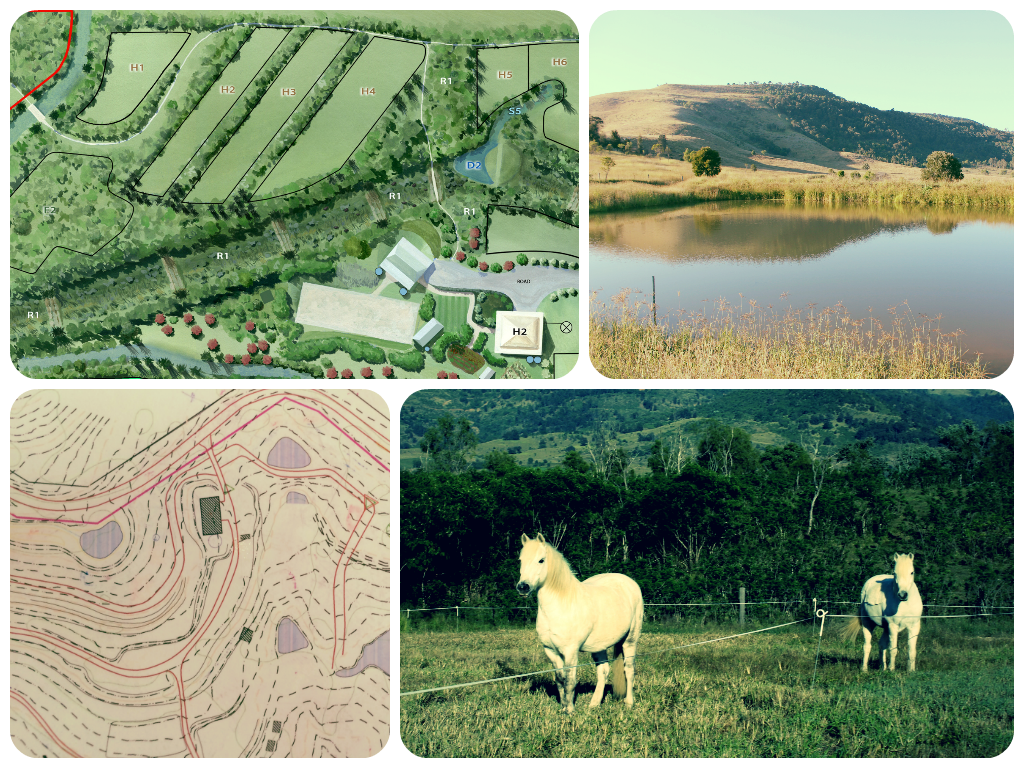
Equine Permaculture
To create a healthy environment for horses, we should have an integrative approach that looks at various aspects, including the environment and behaviour of wild and free-roaming horses in comparison to those of domestic horses, property design strategies, pasture management for diversity, general horse nutrition, shelter, drought-proofing, and integrating horses in ecological terms as soundly as possible.
The PDC course
The Permaculture Design Certificate course is an internationally-recognized, seventy-two hour course resulting in a Permaculture Design Certificate. It provides an introduction to permaculture design as set forth by movement founder Bill Mollison. The course is taught by Geoff and Nadia Lawton, and other permaculture educators.
The PDC serves as foundation for further permaculture work and study and is a prerequisite for the Diploma in Permaculture Design, offered through The Permaculture Institute. Credit for this course is now accepted by a growing number of universities around the world.
To date, thousands of permaculture designers worldwide have been certified through this course, and now comprise a global network of educators, ecological activists who influence major corporations, individuals creating new business alternatives and groups of committed people working together to change the way we view and design into our landscapes.
The course covers sustainable living systems for a wide variety of landscapes and climates. It includes the application of permaculture principles to food production, home design, construction, energy conservation and generation, and explores alternative economic structures and legal strategies supporting permaculture solutions.
Specific topics include:
* Theory and principles of permaculture
* Eco-friendly house placement and design
* Energy conservation techniques for cold climates
* Recycling and waste management
* Organic food production
* Water harvesting and management
* Ecological pest control
* Drought-proofing
* Soil rehabilitation and erosion control
* Livestock
* Aquaculture
* Catastrophe preparedness and prevention
* Windbreaks and fire control
The foundation for this course is A Permaculture Designers’ Manual by Bill Mollison and is distributed to students on the first day. The Manual is included in the cost of the course
Equine Permaculture – courses: “Introduction to Permaculture”
MB Equine Services will hopefully in the near future be involved with full PDC courses. At this stage we provide introduction to Permaculture (with an equine focus) workshops and seminars (1 or 2 day events).
The seminars integrate a number of principles such as Permaculture, Keyline Design, Holistic Management® (HM) and Behavioural Education for Human, Animal, Vegetation and Ecosystem Management (BEHAVE). Our Regenerative Horse Property Design and Pasture Management workshops and seminars are for all horse and land owners, small and large acreage, that want to learn more about how to restore their land, improve soil carbon, regenerate pastures, drought proof their farm and close the input cycle of chemical based fertilisers by developing their own compost (tea) alternative and reduce supplementary feed cost.
Please visit our home page for more information about workshop locations and dates.
Equine Health Workshop: South East QLD (Canungra) – 1st of June 2014
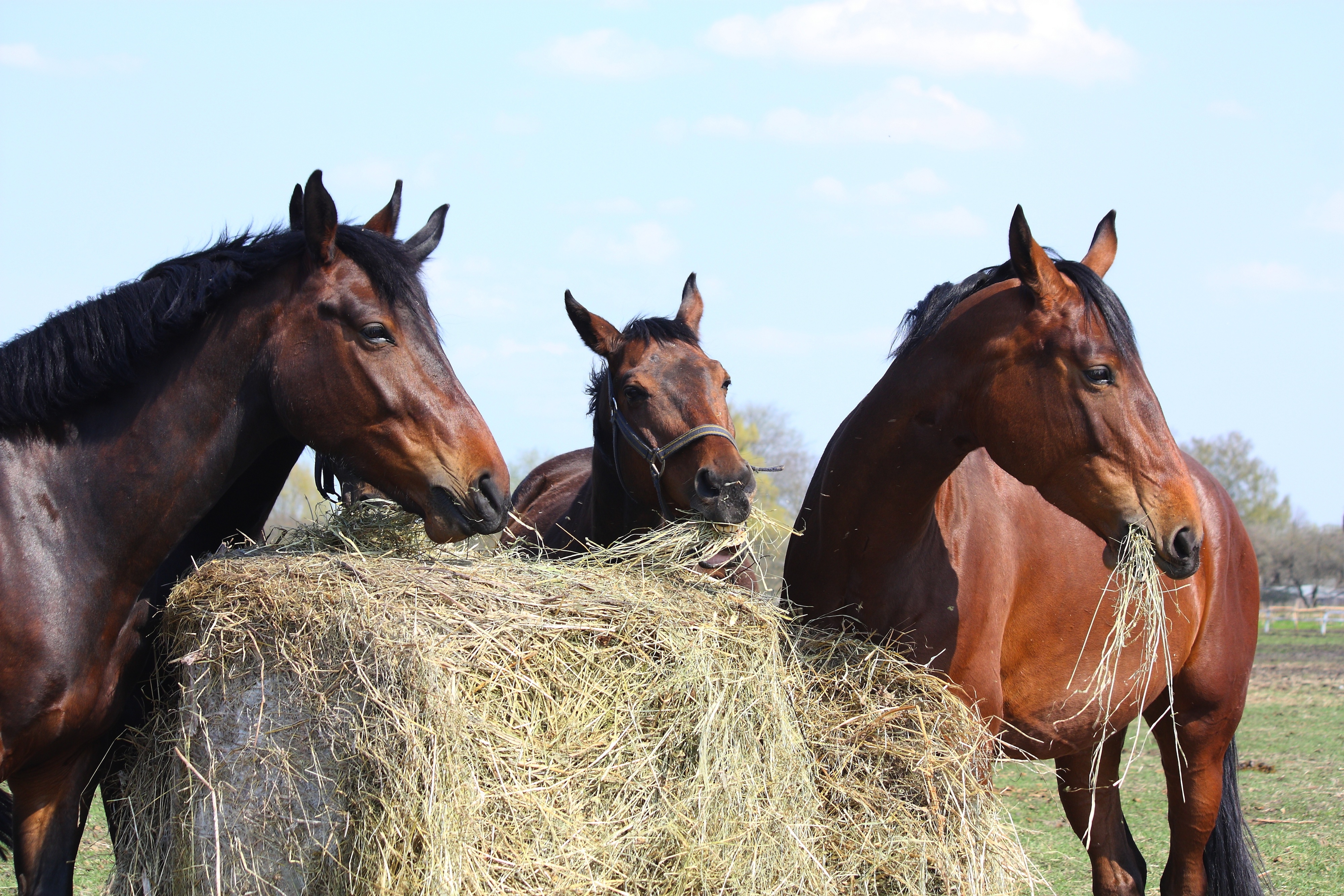 Equine Health Workshop: South East QLD
Equine Health Workshop: South East QLD
When: 1st June 2014
Where: Canungra – School of Arts Hall
Time: 8:30-12:00
Cost: FREE
Topics:
– Equine Nutrition
– Gastrointestinal Tract
– Digestive & Metabolic Disorders
– Nutrient Resources & Nutrient Requirements
– Dietary Management
– Parasite Control
– Biosecurity QLD – Hendra Update
Booking and more information: http://www.seqcatchments.com.au/announcements/horse-nutrition-canungra
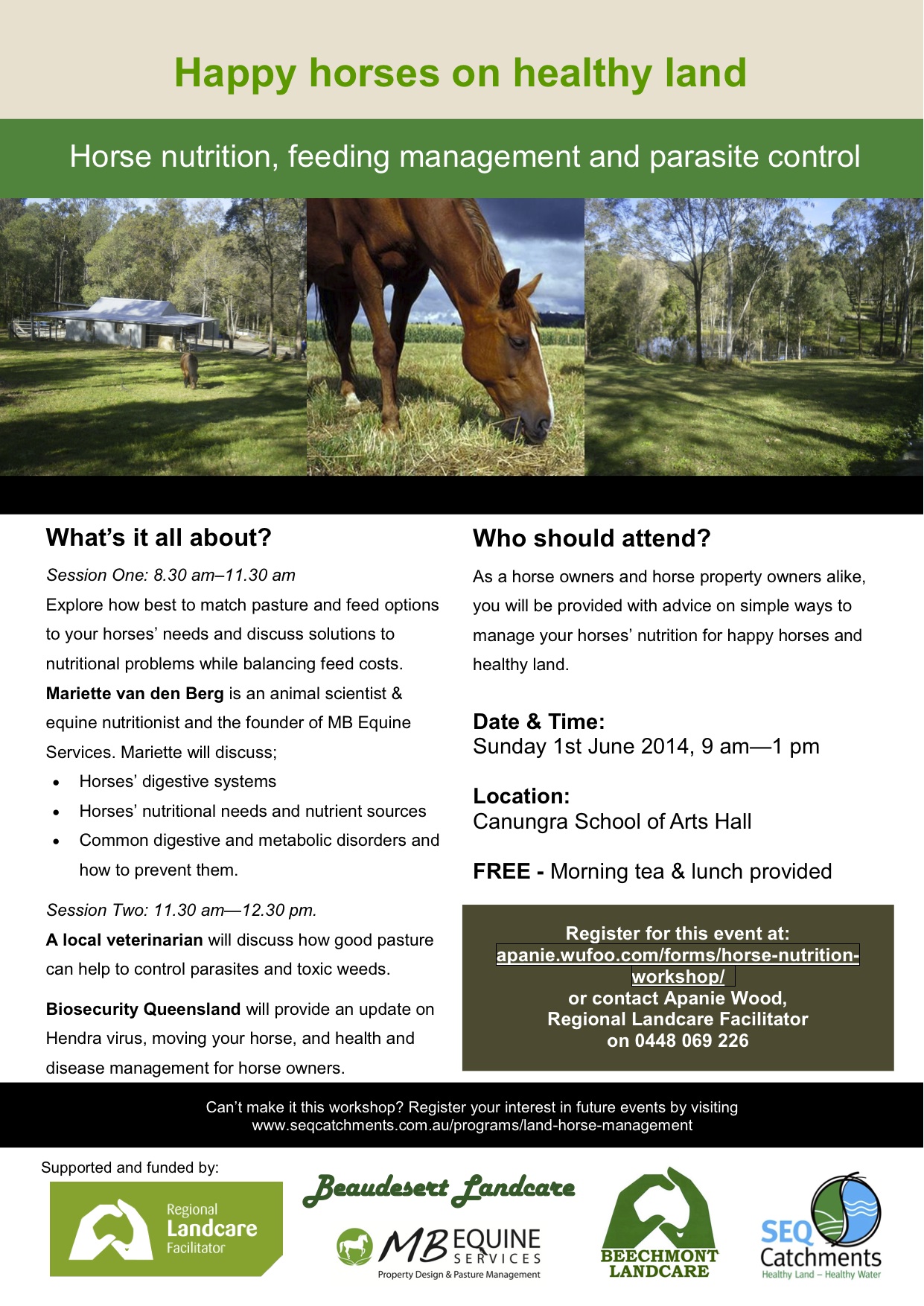
International Equine Permaculture Workshop – Switzerland (Oct 2014)
MB Equine Services is very excited to announce that we will be hosting two 2-Day workshops on equine nutrition and permaculture in Switzerland (Canton du Jura) in October 2014!
On Day 1 (Healthy land = healthy horses) we will focus on common horses and land management issues around the world, horse nutrition (digestive system, feeding practices and disorders), horse behaviour (time budget and foraging strategies), pastures (grass growth and development), soil development, ecosystem management and introduction to pasture and grazing planning. On this day we will walk the Creux de Biches property and potentially visit another equine property.
On Day 2 (Planning = the bridge between the present and the future) we will get hands on with our property planning. First we will cover some theory on property planning steps and goal setting. In the afternoon we will start with the actual planning; current infrastructure mapping, natural feature mapping and future planning. At the end of the workshop we will finish the program with a short movie about implementing equine permaculture and the process of designing.
When: 18 & 19 and 25 & 26th of October!
Where: Le Creux-des-Biches http://www.creux-des-biches.ch/fr/le-creux-des-biches/
The old station Creux -des- Biches
Come home, relax, learn to understand nature and people, regain strength, recognize its place in the world, take heart
The old train station is a little oasis where people in a protected environment can learn about and develop new strategies and visions for future living. The guest house offers simple but comfortable shared rooms (single rooms with extra charge), a beautiful meditation room, kitchen and dining room with library. The property is located in the most beautiful hiking area at high level of free mountains and inhabited by friendly people, horses, chickens, rabbits and cats. At the moment a Permaculture paradise garden with a pond is being created. We are happy to provide our place for seminars, workshops, and new event projects.
For more information and booking: L’Ancienne Garde du Creux des Biches – Email: bonjour@creux-des-biches.ch Phone: +41 32 953 1180
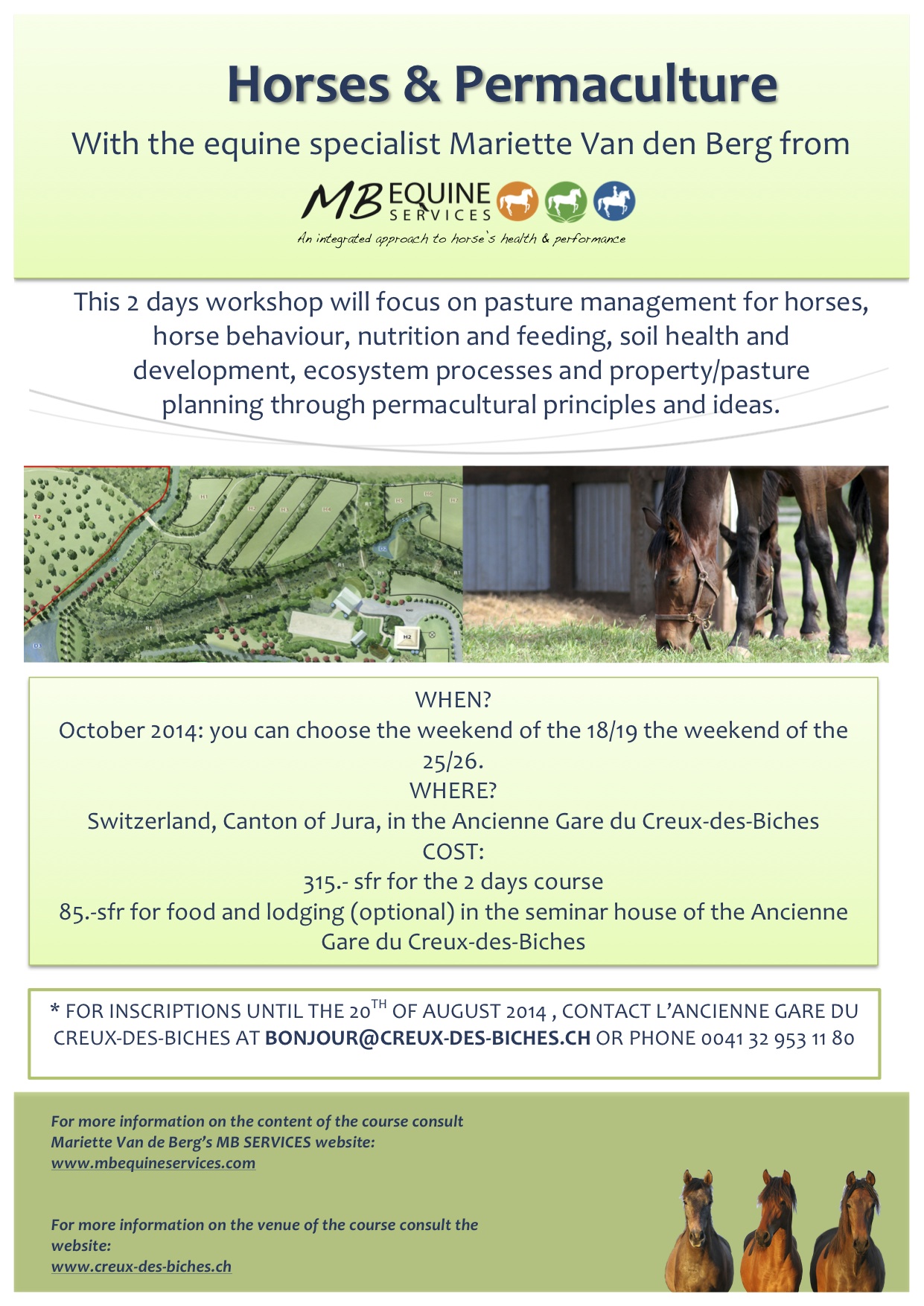
Tenterfield NSW – Equine Nutrition & Pasture Management Workshop (March 2014)
* *******UPCOMING WORKSHOP**** New South Wales:
*******UPCOMING WORKSHOP**** New South Wales:
MARCH 2014
Integrated equine nutrition & pasture management.
GRANITE BORDERS LANDCARE TENTERFIELD
Where: Showgrounds, Tenterfield NSW
When: Saturday 8th of March
Time: 8:30 am (registration) 9:00 – 3:00pm
Costs: free (inlc Morning tea/lunch)
For more information and booking contact:
Co-ordinator – Mark Thomas
PH/Fax 02 6736 3500
Mobile 0404 892 696
Email: mark@gblc.org.au
http://www.graniteborderslandcare.com.au/index.html
Program:
Integrated horse nutrition & pasture management
Healthy land = healthy horses
• Common horse & land management issues
• Horse nutrition; digestive system, feeding practices
and disorders
• Horse behaviour – time budget and foraging strategies
• Pastures; grass growth & development
• Soil development
• Ecosystem management
• Introduction to pasture/grazing planning
• Practicum: Pasture/ land inspection – observing
Dressage & Equitation Clinic- GIEC (QLD)
 Something different! Beside all the equine nutrition, pasture and property workshops we are also hosting a Dressage & Equitation clinic in February (Wed/Thur 20-21) at the Gatton Indoor Equestrian Centre (Gatton QLD).
Something different! Beside all the equine nutrition, pasture and property workshops we are also hosting a Dressage & Equitation clinic in February (Wed/Thur 20-21) at the Gatton Indoor Equestrian Centre (Gatton QLD).
The clinic is open for anybody that would like to improve their seat, posture and effect of aids.
An integrated approach using classical, balanced riding, biomechnics and evidence-based training principles.
WHEN: Wednesday 20th and Thursday 21st of February 2013
WHERE: Gatton Indoor Equestrian Centre- Gatton QLD
To nominate for the clinic email Fiona Edwards, fiona@diamondvalestud.com.au or call 04 07 586 540
Individual lessons (50 – 60 min) – cost lessons per day $100.00.
Prices include the hire of the arena (per person/per day).
Possibility to camp at the facility, additional fee of $20.00 per stable. Riders that book 2 days will have precedence. These clinics often have wait-lists, so Pre-payment is required to hold your spot.
For more information about the Camping facilities at Gatton Equestrian Centre contact Fiona.


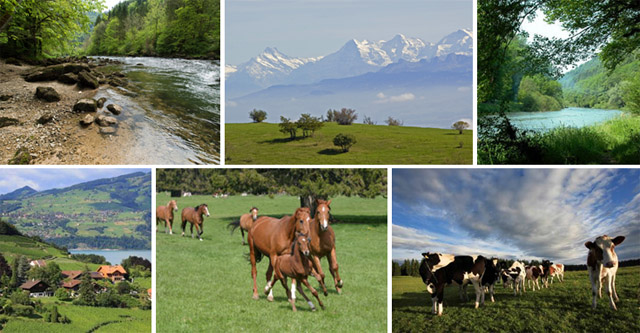
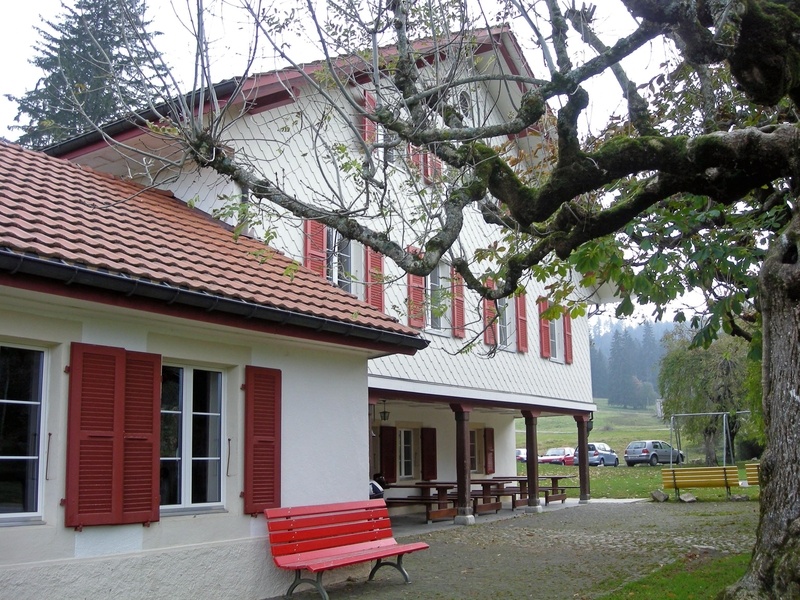
Follow Us!